Stem cell therapy has been gaining attention as a potential treatment for post-traumatic stress disorder (PTSD). PTSD is a mental health condition that can develop after someone experiences or witnesses a traumatic event, such as military combat, sexual assault, or a natural disaster. Symptoms of PTSD can include flashbacks, nightmares, and feelings of guilt or shame.
There is no one-size-fits-all treatment for PTSD, and treatment plans may involve a combination of medications and therapies, such as cognitive-behavioral therapy and exposure therapy. Stem cell therapy offers a new and innovative approach to treating PTSD.
Stem cells are a type of cell that has the ability to develop into different types of cells in the body. They are present in small amounts in many tissues, and their main function is to repair and regenerate damaged tissues. In recent years, stem cells have been studied for their potential to treat a wide range of conditions, including PTSD.
One of the main ways that stem cell therapy may help with PTSD is by promoting neurogenesis, or the growth of new neurons in the brain. PTSD has been linked to changes in the hippocampus, a part of the brain that plays a key role in memory and emotion regulation. By promoting neurogenesis in the hippocampus, stem cell therapy may be able to help improve symptoms of PTSD.
Stem cell therapy may also help with PTSD by reducing inflammation in the brain. PTSD has been linked to increased inflammation in the brain, which can lead to a number of negative effects, including increased stress and anxiety. By reducing inflammation, stem cell therapy may be able to help reduce symptoms of PTSD.
There have been several studies conducted on the effectiveness of stem cell therapy for PTSD, and the results have been promising. For example, a study published in the Journal of Affective Disorders looked at the use of stem cells to treat PTSD in military veterans. The study found that stem cell treatment was associated with significant improvements in symptoms of PTSD, including a decrease in flashbacks and intrusive thoughts, and an increase in sleep quality.
Another study published in the journal Stem Cells Translational Medicine found that stem cell treatment was effective in reducing anxiety and depression in people with PTSD. The study also found that stem cell treatment was associated with an improvement in overall quality of life. Similarly, a 2020 study found that stem cell therapy was able to improve symptoms of PTSD in patients who had experienced sexual assault.
Stem cell therapy offers a new and innovative approach to treating PTSD, and it has the potential to help those who have not responded well to traditional treatments. If you or a loved one is struggling with PTSD, it’s important to speak with a mental health professional about the best treatment options.
At Cellular Hope Institute we have the best professionals who will accompany you throughout the process. Contact us to learn more about how Stem Cells can help you.

